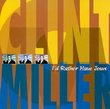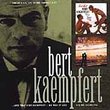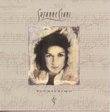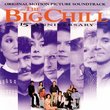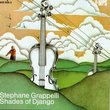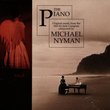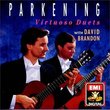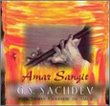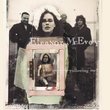| All Artists: Fred Waring Title: The Broadway Years, Vol. 2 Members Wishing: 2 Total Copies: 0 Label: Old Masters Original Release Date: 1/1/2029 Re-Release Date: 6/26/2001 Genres: Dance & Electronic, Jazz, Special Interest, Pop, Broadway & Vocalists Styles: Swing Jazz, Traditional Jazz & Ragtime, Nostalgia, Dance Pop, Easy Listening, Oldies, Vocal Pop, Traditional Vocal Pop Number of Discs: 1 SwapaCD Credits: 1 UPC: 705283012923 |
Search - Fred Waring :: The Broadway Years, Vol. 2
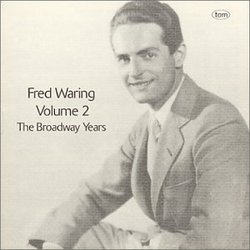 | Fred Waring The Broadway Years, Vol. 2 Genres: Dance & Electronic, Jazz, Special Interest, Pop, Broadway & Vocalists
In the late 1920s, Fred Waring's Pennsylvanians were one of the most popular bands in the U.S. They toured constantly, played in Broadway shows, starred in Syncopation, the first all-talking, all-singing movie, and made nu... more » |
Larger Image |
CD DetailsSynopsis
Amazon.com In the late 1920s, Fred Waring's Pennsylvanians were one of the most popular bands in the U.S. They toured constantly, played in Broadway shows, starred in Syncopation, the first all-talking, all-singing movie, and made numerous records. The tracks on The Broadway Years were recorded between 1929 and 1932, and include delights such as the original cast recording of the Cole Porter song "Love for Sale" from the 1930 production of The New Yorkers; "Alma Mammy," an Al Jolson take-off that parodies both Jolson's minstrel style and the college songs that were popular at the time; and "I Say It's Spinach," a song that was based on a cartoon from the New Yorker magazine. The Pennsylvanians were an excellent band capable of playing anything, from the sweet sounds of "Dancing in the Dark" to the cartoonish "The Old Man of the Mountain." Although the arrangements are more pop than jazz, they are always inventive and show a great deal of sophistication. The Broadway Years shows Fred Waring's Pennsylvanians at their best, and illuminates the period in American popular music when the frenetic 1920s styles were giving way to the smoother, swing inspired music of the 1930s. --Michael Simmons Similar CDsSimilarly Requested CDs
|
CD ReviewsNo mush on this CD, either! Aaron Z. Snyder | CHESTNUT HILL, MA USA | 02/26/2002 (5 out of 5 stars) "One of the points I made straight off in my review of the companion CD to this one, "The Collegiate Years (Vol. 1)" is that the Fred Waring with whom many of us grew up gave us the impression that his style was lush and bland, whereas the reality of the situation is that his early style was rollicking and, most of all, fun! Oh, there are the Waring trademarks: superb musicianship and precise ensemble. This may sound like a sterile environment in which to have "fun", but don't believe that for a minute!
The other review in this space details a lot of the features on this CD, so I won't repeat them. What hasn't been said is that, as with the companion CD, the sound processing is superb. Sources are apparently released shellac disks, but the only noise you hear is a constant shellac hiss -- no clicks and pops. Equalization is about as natural as one could hope for. The final item on this CD marks the beginning of a 9-year recording hiatus for the Pennsylvanians, due to Waring's then-ongoing battle for royalties owed him by broadcasters who would play his records without attribution. It's a real pity, because he continued to make music like this during these years. Since a lot of it was broadcast on radio, we can only hope that someone may, in the future, publish some of the transcriptions which, no doubt, exist. An artifact of the aforementioned era has found its way occasionally into the MP3 world: Raymond Scott's parody of Waring entitled, in Scott's typical cumbersome style, "The Reaction of the Musicians to Meeting Waring's Pennsylvanians." I'm not at all familiar with the song they are singing (it was never recorded on 78s), but the humor is brilliant: Waring's trademark precise unison vocal ensemble is a total shambles in this version -- that is, every voice enters about a millisecond off from every other voice! The singing is exceptionally overwrought, and "hey nonny nonny" and "ha cha cha" are thrown into the lyrics. There are musical quotations from "Collegiate" at the beginning and end of the piece, too, just to give it that authentic feel. I hope that the next Scott compilation (soon to be released, they say) will include this piece. On first hearing it, I thought that Scott was ridiculing Waring; however, it now seems to me to be a tribute to Waring and his contribution to the world of pop music -- and a fitting one, at that!" |

 Track Listings (24) - Disc #1
Track Listings (24) - Disc #1